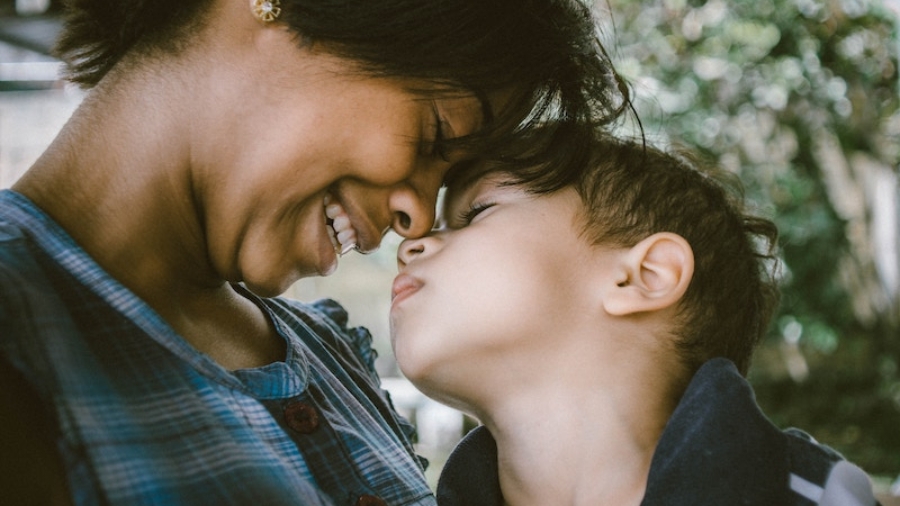For as long as there have been human beings on this planet, there have been people who took a walk when they were feeling a strong negative emotion. There is just something so beneficial about walking. It seems to calm us down and clear our head so we can think from a calm and logical state instead of an emotional one.
So it makes complete sense that some people would be drawn to walk and talk therapy.
What is Walk and Talk Therapy Exactly?
Walk and talk therapy is a type of outdoor therapy and it is exactly what it sounds like. Instead of sitting in an office environment with your therapist, the two of you get out into the great outdoors and have your session during a lovely walk in nature.
Why Try It?
There are a variety of reasons to give this form of talk therapy a try. To start, it can be hard for some people to process their emotions while sitting still. Our bodies seemed to be designed to move while processing emotions.
Second, many people find the traditional talk therapy format awkward. Sitting in a tiny space with your therapist staring at you as you try and open up and bare your heart and soul is not an easy thing to do. But walking side by side while looking at beautiful nature helps make someone feel calm and open. There’s no doubt nature can be very healing, which makes it the perfect space for therapy.
What Can Walk and Talk Therapy Help With?
Walk and talk therapy can be very effective at treating numerous mental health issues such as:
- Anxiety
- Depression
- Self-Esteem Issues
- Life Transitions
- Stress
- Anger
- Bereavement
Is Walk and Talk Therapy Right for Me?
If you enjoy being out in nature and are interested in a holistic approach to mental health, then walk and talk therapy may be a great fit for you. If you are struggling with depression or anxiety or are having a hard time processing your emotions and are interested in giving this form of therapy a try, please get in touch with me. I’d be happy to answer any questions you may have.
SOURCES:
https://welldoing.org/article/what-is-walk-and-talk-therapy
https://www.choosingtherapy.com/walk-and-talk-therapy/
https://www.psychologytoday.com/us/therapists/walk-and-talk-therapy-new-york-ny/52552









